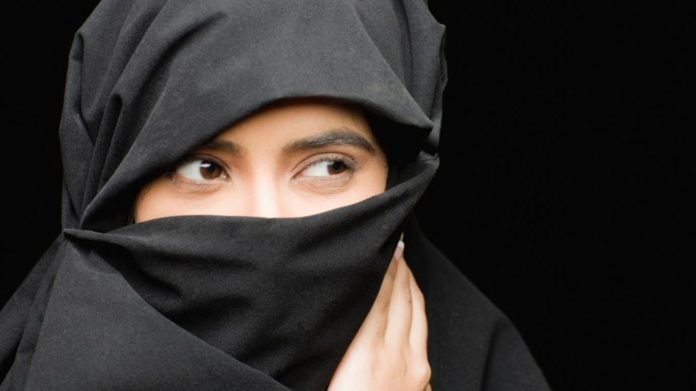The President announces new “security measure” after the country’s biggest terror attacks
Eight days after the Easter Sunday serial bombings rocked Sri Lanka, the island nation has passed its first major bit of legislation to tackle the situation. Starting 29 April, all kinds of face veils are banned in public.
Announced as part of President Maithripala Sirisena’s emergency regulations, the reasoning is that face coverings make it hard to identify potential security threats. The presidential announcement says this is a security move to ensure potential terrorists can’t hide behind a veil. It also specifies that the goal is not to subject any specific ethnic group or community to any “discomfort”.
The bombings on 21 April and the several smaller incidents since have left more than 300 dead and several hundred more wounded, making it the deadliest terror attacks in the island nation’s history. The atrocities that targeted churches and hotels are believed to have been perpetrated by Islamist terrorists of Sri Lankan origin. The move, although it does not say so in so many words, is specifically aimed at the countries’ Muslims who make up 9.7% of its 21.4 million people.
The reactions
There are legitimate fears that this ban will infringe on the community’s religious liberties and poison public opinion about them, even exposing them to possible reprisals. Collective punishment of all Sri Lankan Muslims is what Meenakshi Ganguly, South Asia director of Humans Right Watch, fears. Some sources in Sri Lanka, such as the All Ceylon Jamiyyathul Ulama, a body of Islamic scholars, have backed the legislation based on the security argument. Others have pointed out that Islam does not require women to cover their faces.
Burqa ban across the world
Sri Lanka now joins a small list of European, Asian and African countries such as Austria, Denmark. France, Belgium, Tajikistan, Latvia, Bulgaria, Cameroon, Chad, the Republic of Congo, Gabon, the Netherlands, China and Morocco that also have similar legislation in place. All these countries ban the niqab and burqa, Islamic modesty clothing that a small portion of Muslim women wear to cover their faces when out in public. While the burqa covers the wearers’ entire face and most of the body, the niqab leaves open the eyes and the top half of the face.
These terror attacks will be a test of the country’s character and its reaction to them could potentially alter Sri Lanka forever.











